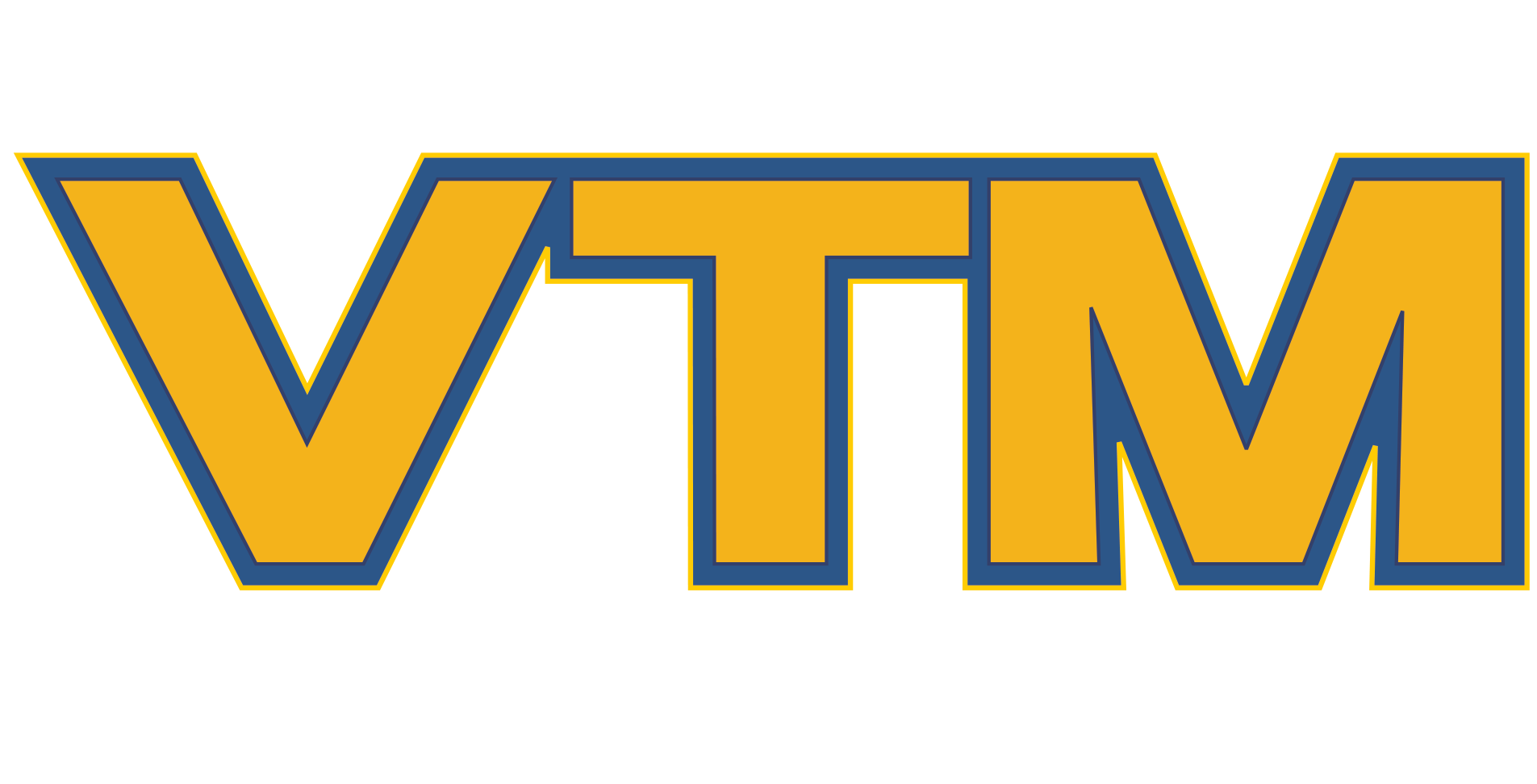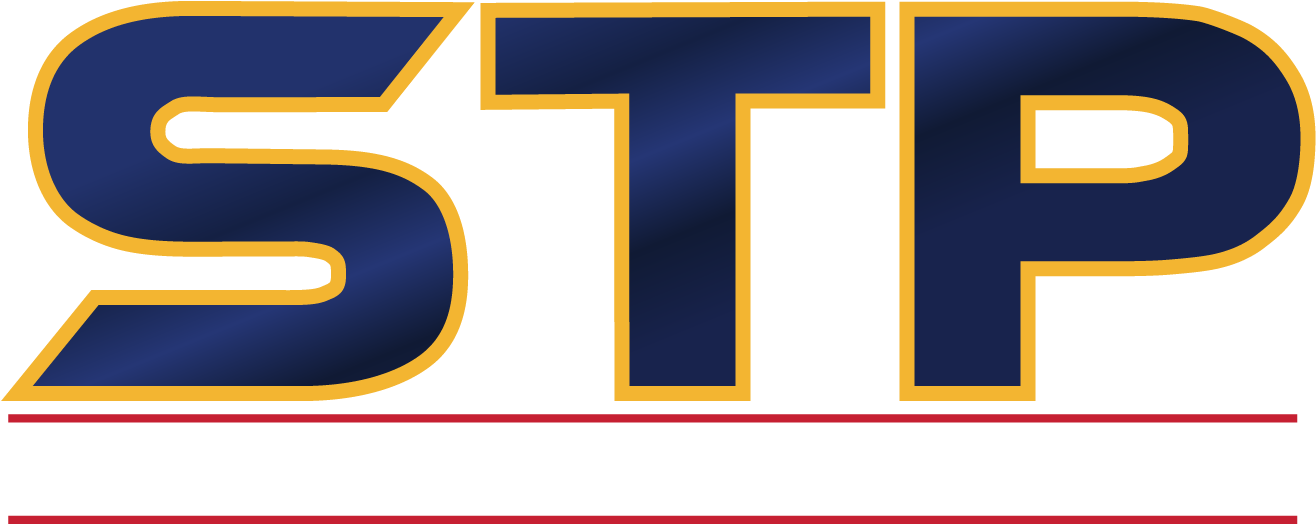Filter Projects
- Clear Filter
- Clear Filter
- Clear Filter
Project Results
Boston Engineering Corporation
Automous Launch, Recovery and Turn-Around Systems for Small UAVs
TOPIC: N09-T001
YEAR: 2023
Details
Quad
Boston Engineering Corporation
Autonomous or Remotely-Operated Maintenance of Ships Tanks
TOPIC: N141-042
YEAR: 2022
Details
Quad
Boston Engineering Corporation
Standoff Command and Control of Remotely Operated Vehicles (ROVs)
TOPIC: N191-024
YEAR: 2022
Details
Quad
Boston Engineering Corporation
Low Cost Persistent Environmental Measurement System
TOPIC: N181-012
YEAR: 2021
Details
Quad
Boston Engineering Corporation
Above Surface/Below Surface Expendable Dropsondes (MASED)
TOPIC: NOAA141-842W
YEAR: 2021
Details
Quad
Boston Engineering Corporation
OHIO Class External Hull Antifouling
TOPIC: N161-044
YEAR: 2019
Details
Quad
Boston Engineering Corporation
GhostSwimmer: Tactically Relevant, Biomimetically Inspired, Silent, Highly Efficient and Maneuverable Autonomous Fish Robot
TOPIC: N08-T030
YEAR: 2017
Details
Quad

